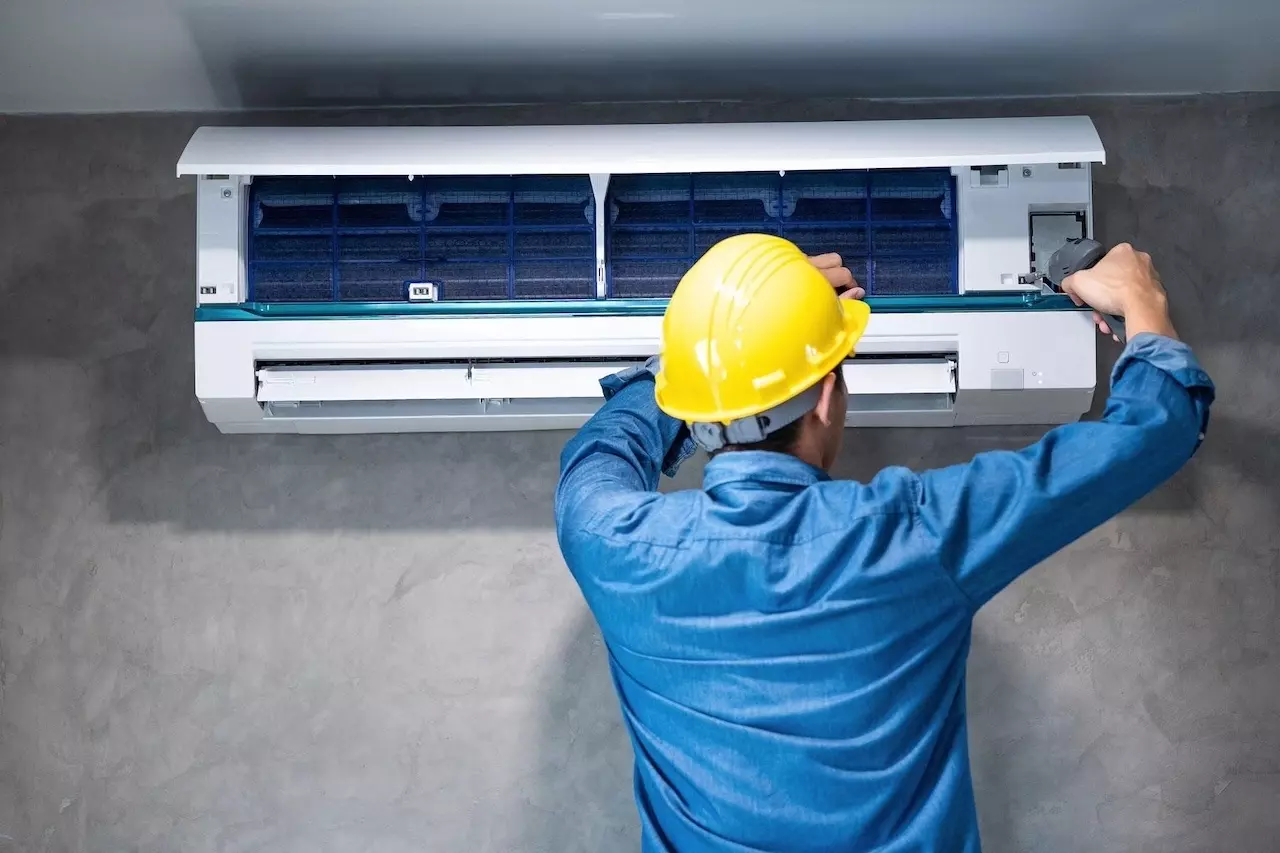From its humble beginnings as a curiosity for the wealthy to a ubiquitous appliance that has transformed the way we live, the evolution of residential air conditioning has been a remarkable journey.
The Early Years
The concept of cooling the air indoors dates back to ancient times, with early civilizations using techniques such as evaporative cooling and ventilation. However, it was not until the late 19th century that the first practical air conditioning system was developed.
In 1895, Willis Carrier, an American engineer, invented the first modern air conditioner. His invention used refrigeration technology to cool the air and was initially developed for industrial applications.
The Rise of Residential Air Conditioning
The first residential air conditioning system was installed in 1922 in a New York City apartment building. However, air conditioning remained a luxury item for many years, as it was expensive to install and operate.

The development of new technologies, such as split-system air conditioners and centrifugal compressors, made air conditioning more affordable and accessible to the general public. As a result, the use of air conditioning in homes soared in the post-war era.
The Modern Air Conditioning Era
Today, air conditioning is a staple in homes around the world. It is not only essential for comfort in hot climates, but it also plays a role in energy efficiency and health.
Air conditioning systems help to reduce energy consumption by preventing excessive heat gain from the sun. They also improve indoor air quality by removing pollutants and allergens from the air.
Future Trends
The future of residential air conditioning is likely to be shaped by several trends, including:
- Increased demand for energy-efficient systems: As energy prices rise, there is growing demand for air conditioning systems that use less energy.
- Advances in technology: New technologies, such as variable refrigerant flow (VRF) systems, are making air conditioning more efficient and user-friendly.
- The rise of connected devices: Smart air conditioning systems can be controlled remotely and can even optimize their operation based on weather conditions.
As these trends continue, air conditioning is likely to become even more essential and sophisticated in our homes.
The evolution of residential air conditioning has been a remarkable journey that has improved the lives of millions of people around the world. As we look to the future, air conditioning is likely to play an even greater role in our comfort and well-being.
AC installation: A crucial step in the evolution of residential air conditioning
The installation of air conditioning systems is a critical step in their evolution. Proper installation ensures that systems operate efficiently and safely, providing homeowners with years of reliable service.
If you're considering installing an air conditioning system in your home, it's important to hire a qualified and experienced professional. They can assess your needs, recommend the right system for your home, and ensure that it is installed correctly.
With proper AC installation, you can enjoy the benefits of comfortable indoor air for years to come.